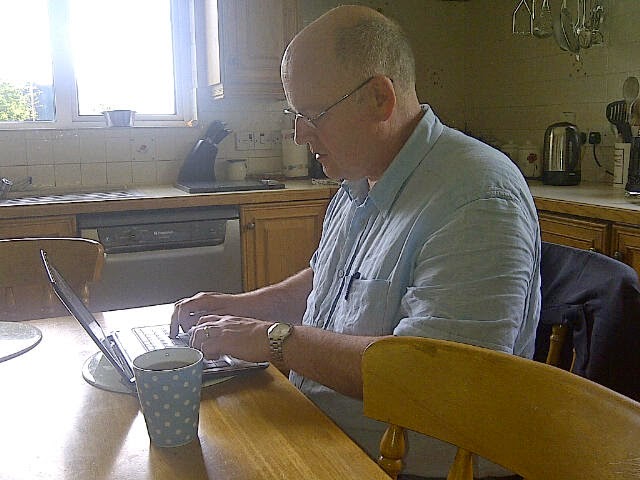My friend and occasional colleague, Alex Kane,
makes an interesting contribution to a debate which is exercising the minds of
more and more potential electors at the moment: whether or not to vote in next
month’s elections.
Alex has already decided: he won’t. He sees no point. He
doesn’t believe that casting his vote in
the local government and European parliament polls would make any
difference and he’s not prepared to endorse what he calls “the travesty that
passes itself off as government here”.
That is his right and his choice. But it is a fairly bleak pronouncement
on the state of politics here. I can almost imagine Alex donning a black cap
before penning his judgement.
I, on the other hand, will exercise my
franchise in both next month’s contests. Voting is a privilege that people have
fought for and won.
“Democracy”, Winston Churchill said, “is the
worst form of government, except for all those others that have been tried.”
Our assembly has been doing its utmost to live down to that expectation. No
one, not even its fiercest advocate, would suggest that it has been a
rip-roaring success. Ripping – occasionally; roaring – frequently; but
successful? Hardly. Its mere survival is often cited as its greatest
achievement.
But, like it or loathe it, it is all we have.
And using our votes – even by spoiling them – is the only democratic recourse
left for people who want to bring about change. (They also, of course, have the
option of standing as candidates, as I myself did unsuccessfully in 2010, although
few will do so.)
Alex is correct to state that there are many
people who yearn for something more from our politicians. The ‘bread and
butter’ part is easy; we all want more job creation, greater prosperity,
improved health care, quality education, more effective services and better
infrastructure.
It’s trickier, though, when we consider the
constitutional issue. For some a united Ireland is the ultimate goal; for
others that is anathema. And it becomes more complicated when we toss in
related matters like the past, parades, flags and emblems – issues that will have
seasoned envoys hurrying to catch the first plane out of here. They, at least,
have that option.
For many of us who have to stay, there’s the faint hope that something
better might be in the offing. Alex argues that change might come about “when the
Assembly, and councils and MPs are clearly seen not to represent a majority of
the electorate”.
If – as Alex speculates might be the case – more than half the
electorate decide not to vote, that would be a crushing indictment of the
parties here. It would, he suggests, weaken the parties, strip them of
authority and undermine their claim to speak on behalf of the people of
Northern Ireland. But he’s wrong to think that the parties – certainly the
bigger ones – would be weakened or stripped of their authority in such
circumstances.
Voters staying at home would actually suit some parties, especially
those with the best-organized political machines. And a low turn-out would be
dismissed as “apathy”, with blame placed on members of the public who “couldn’t
be bothered” to vote. I do not believe that a low turn-out would change
parties’ behaviour dramatically.
A spoilt vote is different. A spoilt vote is a statement. To get up off one’s
backside, leave the telly, go to a polling station and cast a ballot cannot be
dismissed as apathy. It delivers a more withering verdict on parties and
candidates than abstaining, and is a much more effective protest.
I am certainly not advocating that people should spoil their votes. Every
elector has the right to decide what to do with his or her ballot paper. If
there are candidates or parties they like, or whose policies they admire, I urge
voters to give them their support. The priority is to be counted.
For the whole electorate here, voting is a privilege and a right. For
some it is a responsibility. In other parts of the world, though, it is only an
aspiration.
A vote is precious. Use it.


